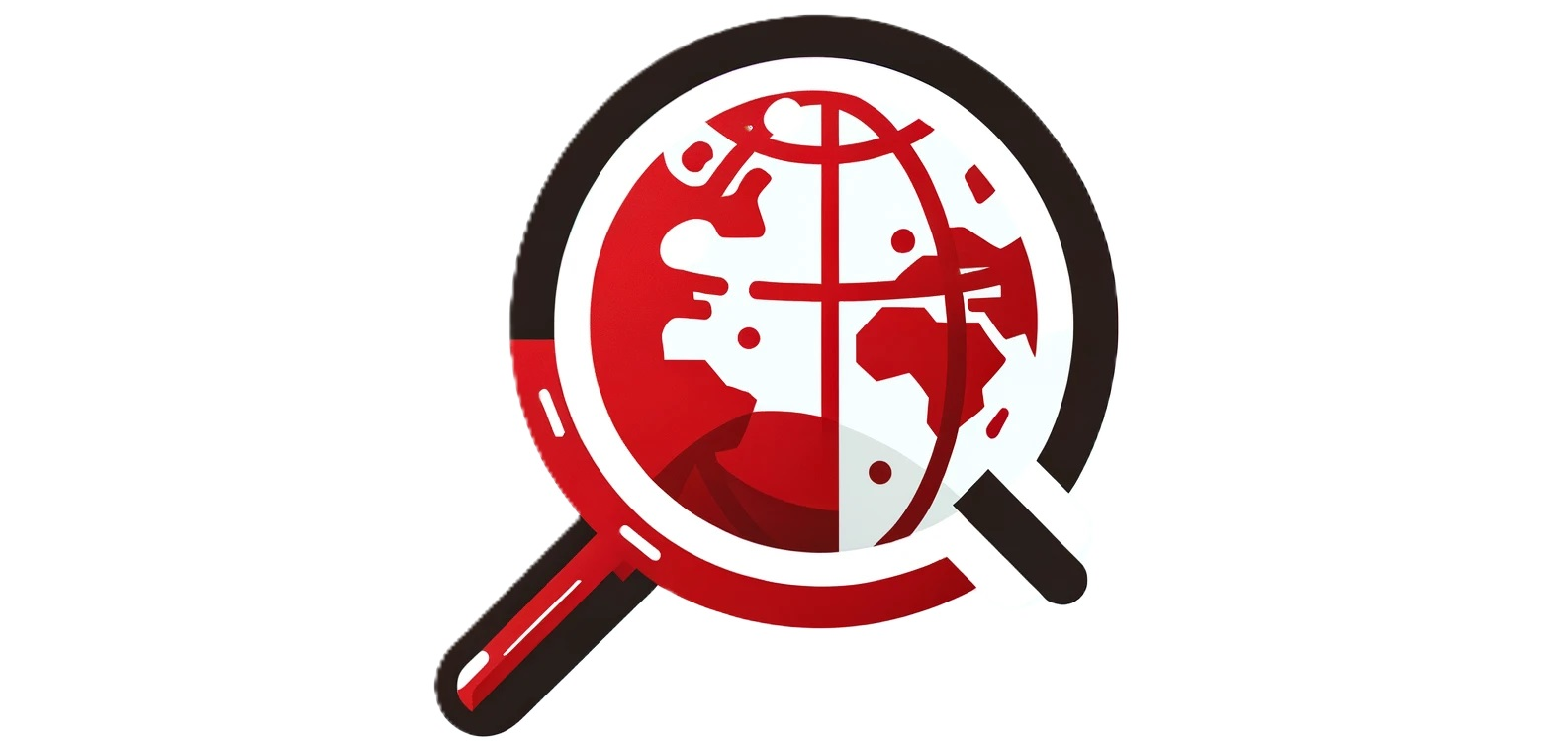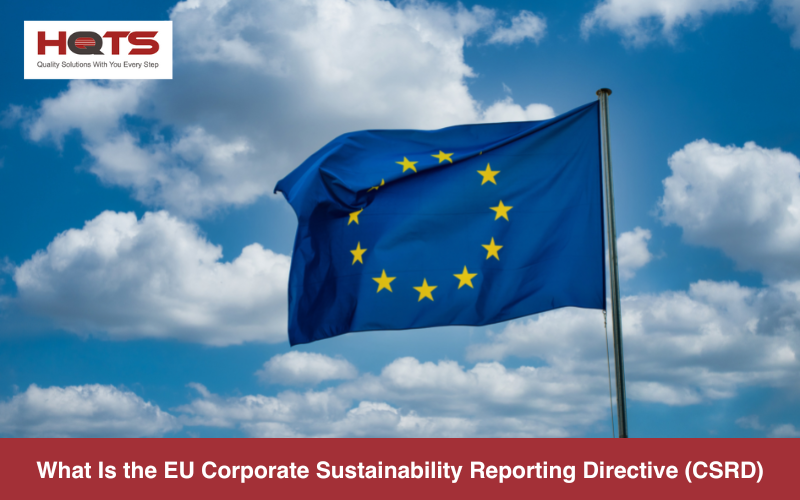The European Union (EU) has long been a leader in promoting corporate sustainability. A major accomplishment has been the implementation of the EU Corporate Sustainability Reporting Directive (CSRD), which strengthens standards regarding how organisations report their social and environmental data.
In this short article, we’ll look deeper into this directive, to whom it applies, and how your organisation can prepare for the CSRD.
An Introduction to EU Corporate Sustainability Reporting Directive (CSRD)?
The Corporate Sustainability Reporting Directive (CSRD) is a new EU directive that came into force on January 5 2023. The directive introduces a standardised way for companies to disclose information regarding their risks and opportunities from social and environmental issues and how their activities impact people and the environment.
It will cover the following:
- Environmental – Water, marine resources, pollution, circular economy etc.
- Social – Human rights, working conditions, diversity and inclusion, workers in the value chain and more.
- Governance – Internal control, executive pay fairness, independence, anti-corruption, ethics etc.
All countries in the European Union have 18 months to incorporate the provisions of the European CSRD into their national law.
Ultimately, this directive aims to provide a comprehensive and harmonised corporate sustainability reporting framework and bring more clarity and accessibility regarding a company’s sustainability practices for investors, consumers and other stakeholders.
Who Does the CSRD Apply?
The CSRD affects all publicly traded companies within the EU, except for small businesses. It also applies to companies based in the EU that meet the criteria:
- They employ more than 250 employees
- Net turnover exceeding €40 million.
- Total assets exceeding €20 million
Additionally, non-EU companies with revenues exceeding €150 million within the EU are also subject to the CSRD. It is predicted that approximately 50,000 companies will have to disclose information regarding their sustainability efforts.
How to Report CSRD in Europe?
Businesses within the EU CSRD directive will soon have to reveal details about their sustainability practices. The reporting must adhere to the framework of the European Sustainability Reporting Standards (ESRS), which is currently in draft standards – and they will soon be ready for consideration. Additionally, industry-specific standards will likely be implemented in the future. With regard to the corporate sustainability reporting directive timeline, it is expected that the Commission will adopt the first set of standards by mid-2023.
Until the EU CSRD sustainability rules take effect, the guidelines established by the Non-Financial Reporting Direction (NFRD) are currently in effect.
NFRD Reporting Requirements
- Environmental aspects
- Social matters and the treatment of employees
- Human rights
- Anti-corruption and bribery
- Diversity on company boards (including age, professional background, gender, and education)
How to Prepare for Corporate Sustainability Reporting Directive EU??
If you’re employed by a company that falls under the CSRD directive, it is wise to begin preparing and familiarising with it and its requirements. Businesses that fall under the CSRD directive will have to comply with the reporting requirement starting January 1, 2024.
Getting ready takes time, and it will be a difficult and demanding task for many companies as it encompasses various aspects.
A good initial step is conducting a gap analysis, evaluating your company’s current sustainability metrics and practices against the CSRD, and taking action to address any issues within your supply chain and organisation.
Independent testing, inspection, and certification companies, such as our firm – AQM BD – can assist your business in examining, assessing, and reporting a company’s ethical practices and its societal impact. We can also provide action plans to improve a company’s performance within these areas in their operations and at supplier sites to achieve responsible business practices throughout the supply chain.
Conclusion: What Is EU Corporate Sustainability Reporting Directive (CSRD)
In conclusion, the EU Corporate Sustainability Reporting Directive (CSRD) is a new directive that harmonises how companies disclose information about their social and environmental risks and opportunities, as well as their impact on people and the environment.
The directive is expected to apply to over 50,000 companies and make it mandatory for companies to be audited for their sustainability reporting.
At AQM BD, we can help your organisation prepare for European corporate sustainability reporting directive, ranging from conducting a gap analysis and evaluating your organisation to sustainability metrics and practices and help you take actions to address any issues within your supply chain and organisation. Contact us today to learn more about our social compliance audits.





